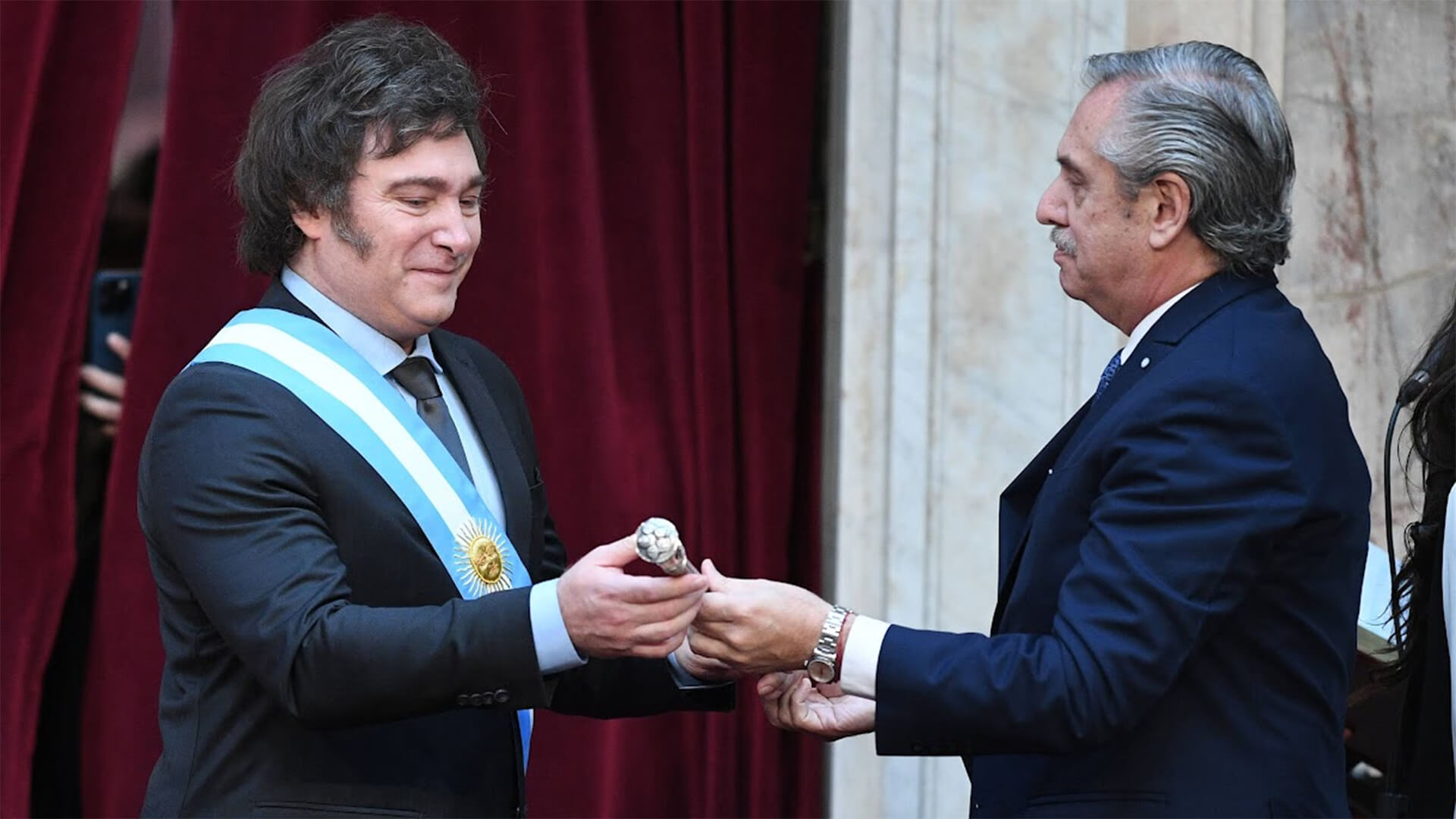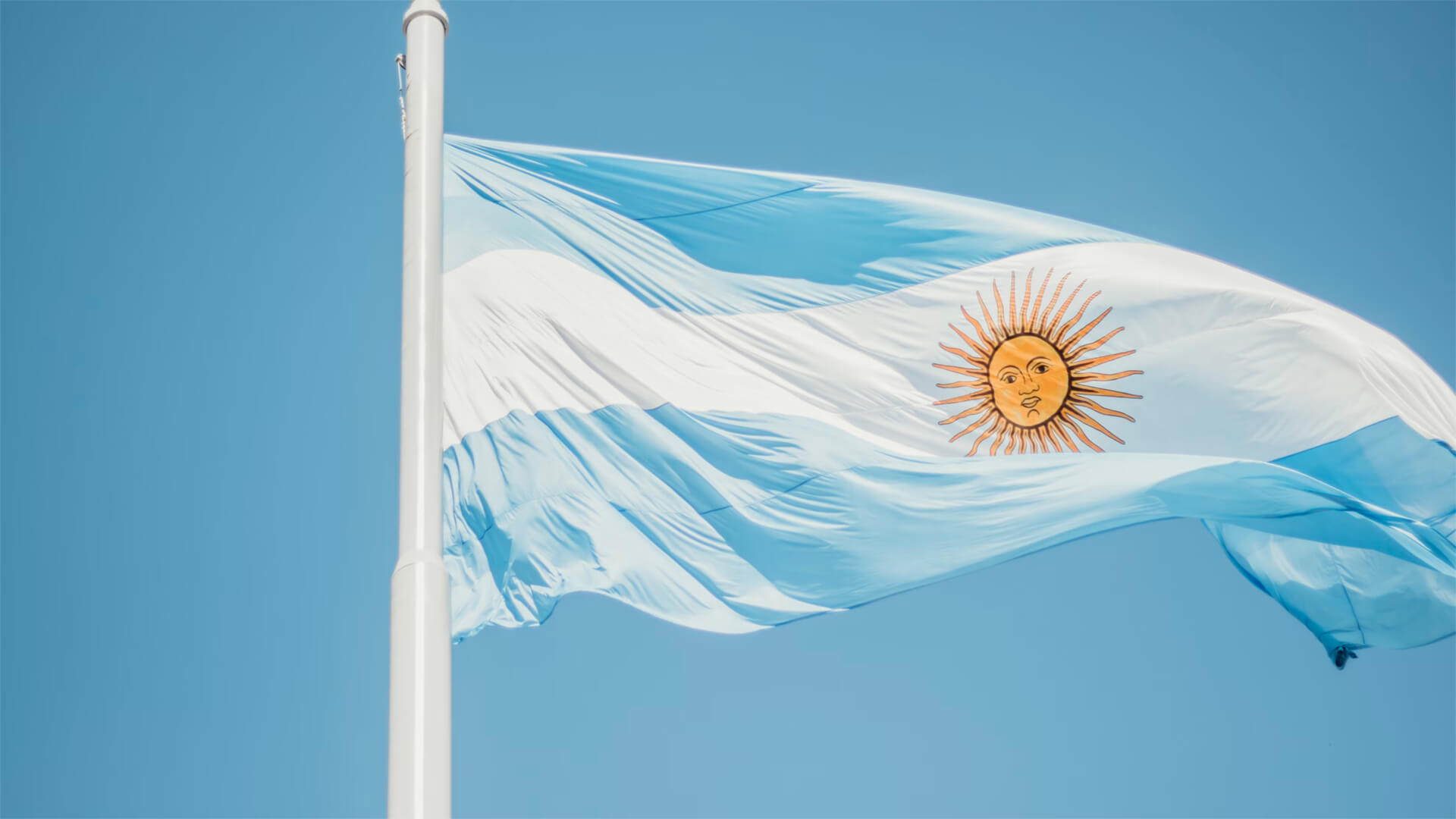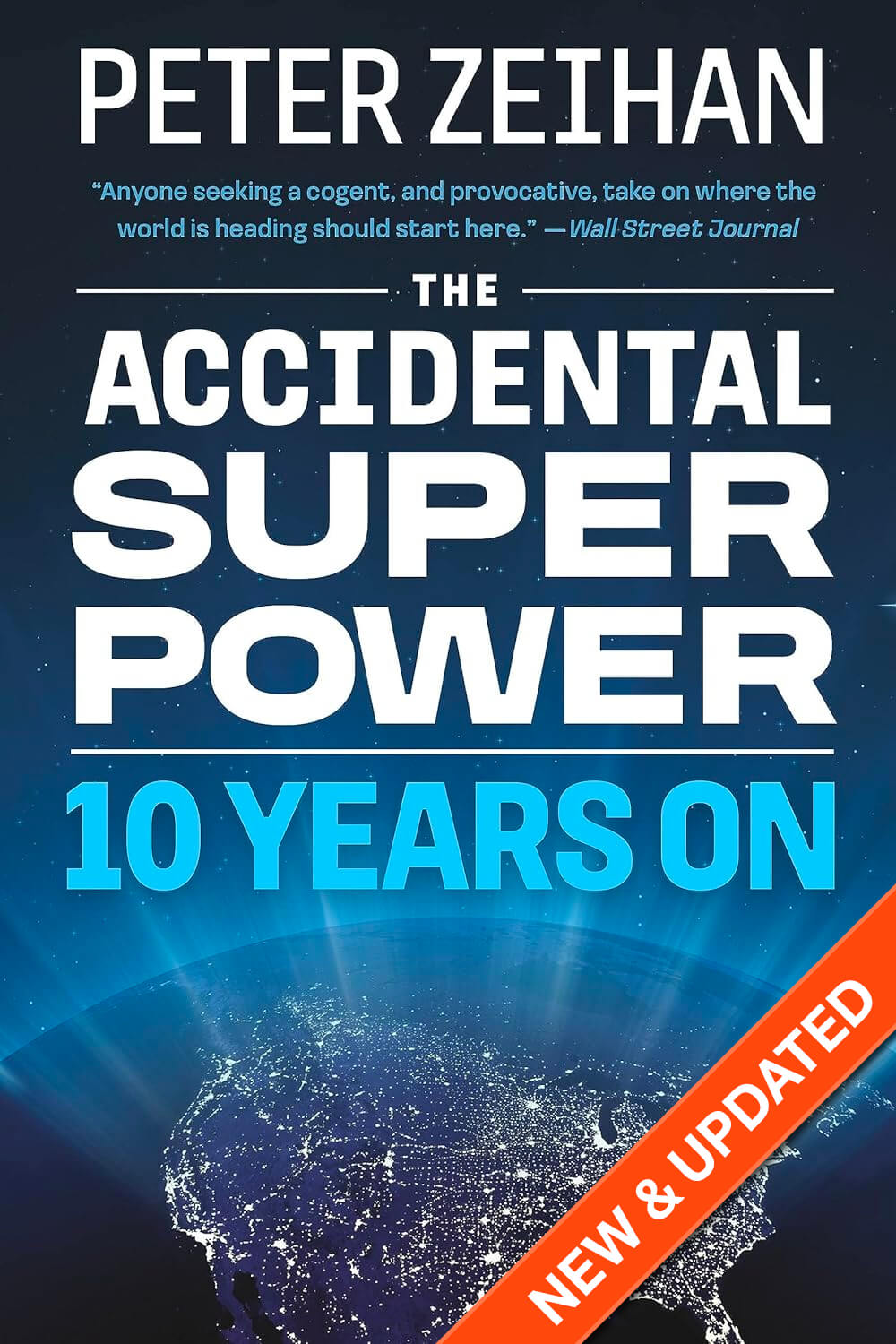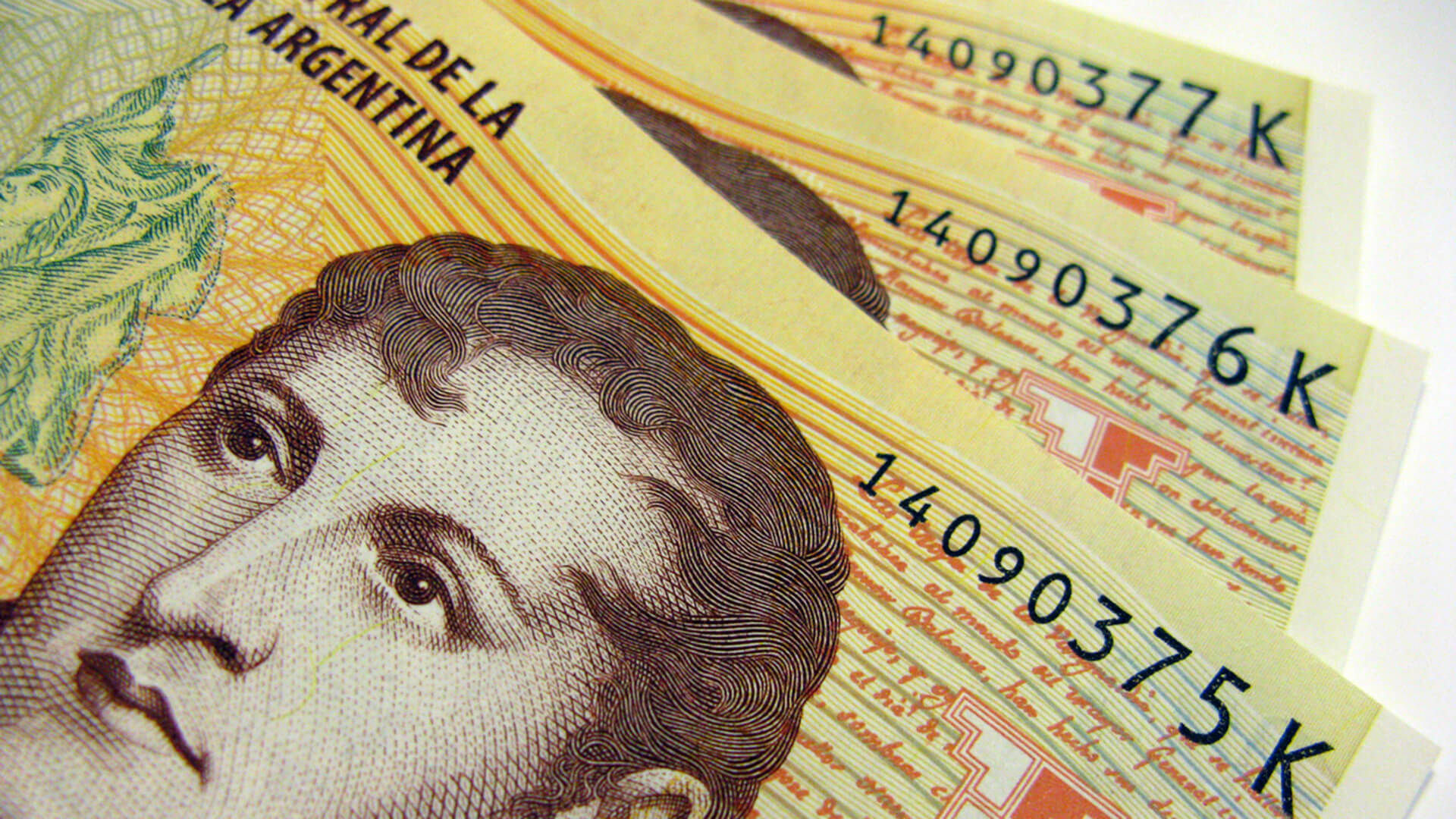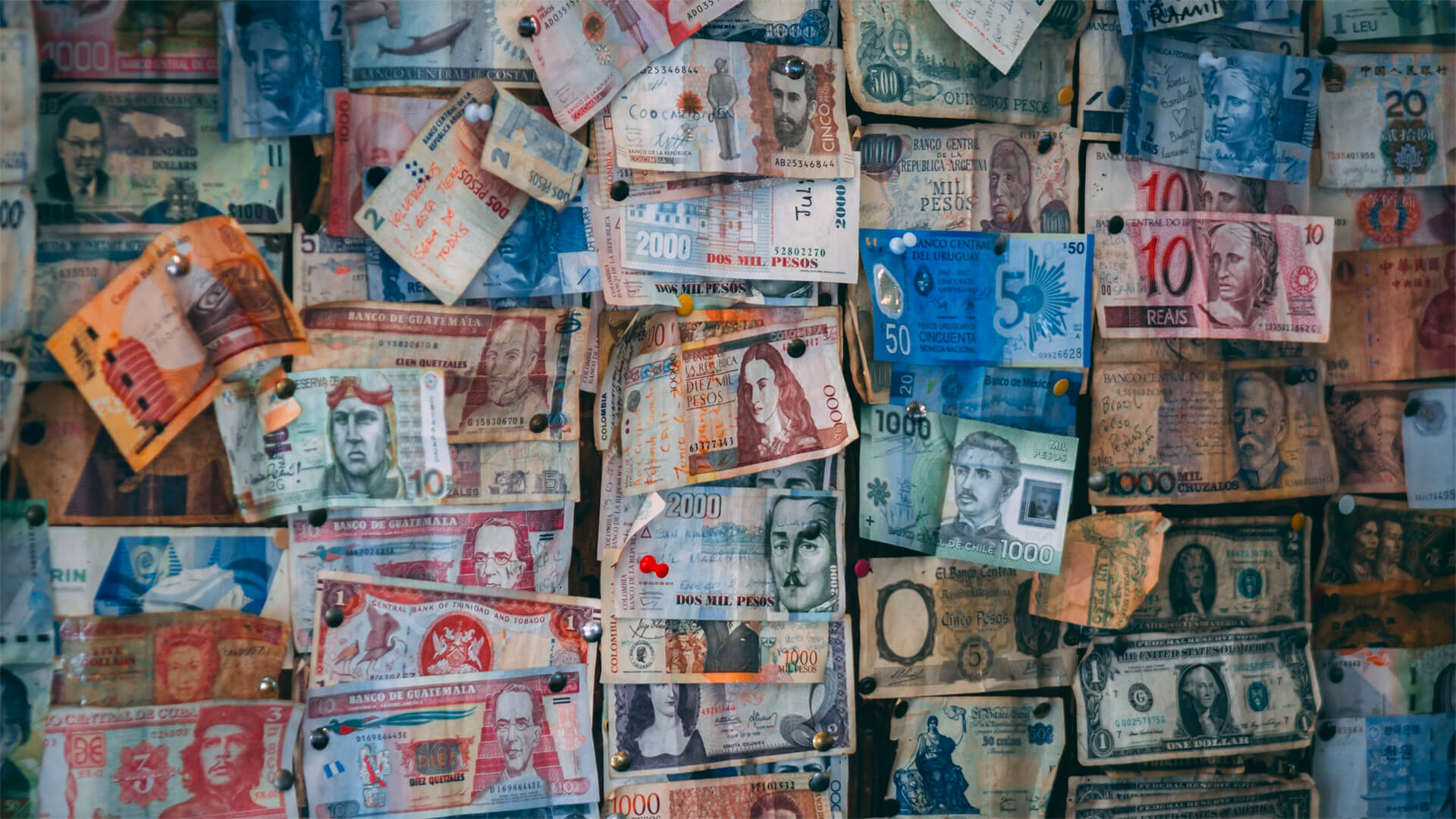The US just committed roughly $20 billion in a currency-swap with Argentina. That’s a whole lot of pesos. So, why did the US extend this lifeline, and will it save Argentina from itself?
The currency swap can buy Argentina some time by backstopping the peso. However, given the fundamentally flawed economic and political situation in Argentina (and the track record of defaults and currency collapses), this swap is just a band-aid.
The US is taking on a whole lot of risk, and I’m not seeing the upside here. Unless Argentina attracts real investment, undergoes massive reforms, and uses those God-given resources to their full potential…the US is just betting on a losing horse.
Transcript
Hey all, Peter Zeihan here coming to you from Colorado. And today we’re going to talk about the American bailout of Argentina. So far, $20 billion has been committed to what’s called a currency swap agreement. That money is already in play. And there is discussion, of doubling that in the next couple of weeks. So what is a currency swap agreement?
Why does, Argentina need it? And where’s this likely to go? So first currency swap. Basically that says is we are holding a certain amount of cash and reserve. You’re holding a certain amount of cash in reserve. And we will swap currency, in order to defend our respective, currency bands so that our currencies don’t crash.
Now, with the United States having an economy that’s, like 20 times the size of Argentina, actually probably a lot more than that. It’s smaller than Wisconsin, I think. Obviously this is a one way benefit. The logic is that when the Argentinian currency starts to wobble, they sell, Argentinian pesos to the United States to increase demand, which drives the currency up. And in exchange, they get U.S. dollars.
A lot of countries have these swap agreements to stabilize trading bands. And generally works, if the underlying economic fundamentals of your system are sound. So when I see countries like Korea and Japan and Vietnam and Thailand engaging in currency swap agreements like, yeah, no big deal. It’s basically a group insurance policy.
When I see Argentina doing it, no, Argentina has defaulted on its debt 39 times last century or something like that. Lots. And all of those defaults has been preceded by a currency collapse, which is what they’re risking right now. And so the IMF is really a stickler that when the IMF lends you money, they don’t want to use it to defend your currency.
If you can get a swap, agree. If you can fool a country and give you a swap agreement so that it’s their currency backing it, great. And that’s exactly what’s happened with the Trump administration. Trump considers the president of Argentina, , to be an ideological ally. I would point out the does not think that reverse is true.
And he’s basically milked the United States government for $20 billion, because if the currency falls by 80%, then the United States is holding Argentine pesos that are now worth $0.20 on the dollar. And judging by black market rates, we’ll probably see that in the next few months. Now, granted, if the Trump administration keeps handing over tens of billions of dollars at a time to defend the currency in Argentina, it might take longer.
Dollars means something, but they’re not available in limited supply. The Treasury. What’s going wrong in Argentina? Argentina has had a series of just horrifically bad decision makers over the top. I wouldn’t say that a is one of them.
in most regards, that have basically destroyed the state. They’ve eroded rule of law. They’ve taken policies that pushed the state in the middle of economic decision making for companies.
They’ve put into place a really, tough tariff regime to, penalize imports. But then, because of the lack of rule of law and the erratic nature of those tariffs, nobody wants to invest money, in building out the industrial plant to build up the productive capacity in Argentina. Sound familiar to anyone? Anyway, as a result of years, decades of this, the Argentinean industrial plant has basically hollowed out the standard of living, has stagnated or fallen for over a century, and they keep borrowing to the tune of five 6% of GDP just to kind of make the numbers work, which just leaves them with more debt.
And then when the currency does drop, they can’t service the debt. So they they default on everything. And we’re now seeing the current iteration of this. There had been some hope that under it might be different this time. I think that was always overblown. Milei has shown. Yes. Shown results in getting government spending under control, but he hasn’t been able to get investment going without investment.
The economy will never really be able to grow again. And so you’re just kind of marking time until the next collapse. And the next collapse is almost here. And this time it will take down quite a bit of U.S. money, taxpayer money in the meantime. Okay. How did we get here? Well, the key thing to remember about the Trump administration, there’s a lot of things to remember.
The key thing is that, while Donald Trump was out of office between his first term and his second term, he took over the Republican Party and gutted its policy. It’s basically fired everybody. So when he came in, he no longer had a pool of skilled technocrats that he could draw upon to fill out the government.
In fact, when he did come in, he fired the top six standard positions. And still now more than six months in, hasn’t showed them all because he doesn’t have enough people to fill them. And he surrounded himself at the cabinet level with people who would basically lie to him in order to make him feel better. I’d always counted Treasury Secretary descent as one of the rare ones who actually has the work experience justified for his position.
But if there’s anything that they teach you like freshman economics is never, never, never, never, never fun to bail out for Argentina. So definitely knows that this is a horrible idea. And he’s already done the first bailout anyway, and is now putting the finishing touches on the second bailout. So my respect for him has dropped.
Where does this lead? Well, so many people have been burned so many times by Argentina’s fiscal and monetary and debt collapses over the years that really no one will put money in the country anymore except the IMF. And only with very specific carve outs for what can be done.
The IMF on many occasions has considered washing their hands of the situation and leaving Argentina just to die. But Argentina is by far their biggest customer, to the tune of like $41 billion of loans.
So as long as there’s some degree of support in the United States for the Argentinian government, some degree of fiscal drip will continue. As for the United States. I have always, always, always, always held up Argentina as a potential warning for us.
The United States is a powerful country, largely because of its geography. It’s got amazing chunks of arable land interspersed with navigable waterways, like the Mississippi. In the Ohio movie, Things by Water is about 1/12 the cost of moving them by land. And so during the pioneer era, we basically had five generations of uninterrupted economic growth, which set the stage for the U.S. becoming the global power that it is.
In addition, oceans on both sides. I mean, it’s really hard to invade the United States. You put that together. Of course, the United States is the most powerful country in the world. And it’s really hard to screw it up. But Argentina has the second best geography in the world. Large chunk of flat arable land overlaid with the second densest concentration of navigable waterways in the world.
Ocean on one side, mountains on the other, the Andes, and a series of physical breaks between them and Brazil to the north.
Once again, it’s hard to screw up. But Argentina has proven that if you get up every day for decades and try to figure out how can I make it a little bit worse, you can overpower geography.
Food for thought.


